Can we see these days as the most sacred of times?
In today’s reading from the Hebrew Scriptures, the prophet Jeremiah paints a despairing picture. He describes suffering, dashed hopes, a sense of separation from all that is good.
A cry of lament
We may want to join Jeremiah’s emotional song:
Let my eyes run down with tears night and day, and let them not cease,
for … my people …[are] struck down with a crushing blow, with a very grievous wound.
If I go out into the field, look - those killed by the sword!
And if I enter the city, look - those sick with famine!
Jeremiah Lamenting the Destruction of Jerusalem, by Rembrandt Harmensz van Rijn. With thanks to Dennis Jarvis under Creative Commons.
Lament into rage
As we reflect on ongoing conflicts, displaced and migrant populations, the worldwide pandemic and its inevitable financial consequences, and more, can we relate to Jeremiah’s questions of God, as his lament turns to rage?
Have you completely rejected [us]?
Does your heart loathe [us]?
Why have you struck us down so that there is no healing for us?
Rage into responsibility
Jeremiah then says to his God- ‘we acknowledge our wickedness’. This movement from lament to responsibility is interesting, complex and worth a moment’s pause. Spend a couple of minutes to feel it in silence now, if you wish.
…
In today’s situation, we mght lament and rail against the present pandemic. But much of today’s inequality and suffering existed long before Covid-19. It is simply highlighted by this virus. Some of it is influenced, if not caused, by human:
thoughtlessness
inaction
reckless consumerism
what else?
These behaviours signify a choice not to live according to holy / humane standards, as Jesus summarised.
What of the ‘sacred’?
And then, perhaps we will find we can, as in Jeremiah’s poem, move from hopelessness to hopefulness. Is this an opportunity for transformation? The shift in tone in the passage starts with a recognition of human limitation:
Can any idols of the nations bring rain?
Or can the heavens give showers?
Is it not you, O Lord our God?
We set our hope on you, for it is you who do all this.
Can this recognition of our neediness open up something sacred? After the crying, a stillness, a vulnerability before the God of Hope? Might that Hope transform us and our actions, and so bring life?
We offer this poem by Lynn Ungar:
Pandemic
What if you thought of it
as the Jews consider the Sabbath -
the most sacred of times?
Cease from travel.
Cease from buying and selling.
Give up, just for now,
on trying to make the world
different than it is.
Sing. Pray. Touch only those
to whom you commit your life.
Center down.
And when your body has become still,
reach out with your heart.
Know that we are connected
in ways that are terrifying and beautiful.
(You could hardly deny it now.)
Know that our lives
are in one another’s hands.
(Surely, that has come clear.)
Do not reach out your hands.
Reach out your heart.
Reach out your words.
Reach out all the tendrils
of compassion that move, invisibly,
where we cannot touch.
Promise this world your love–
for better or for worse,
in sickness and in health,
so long as we all shall live.
.
